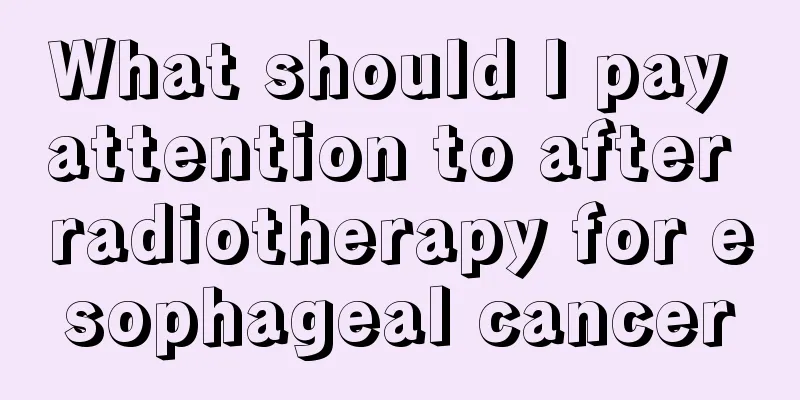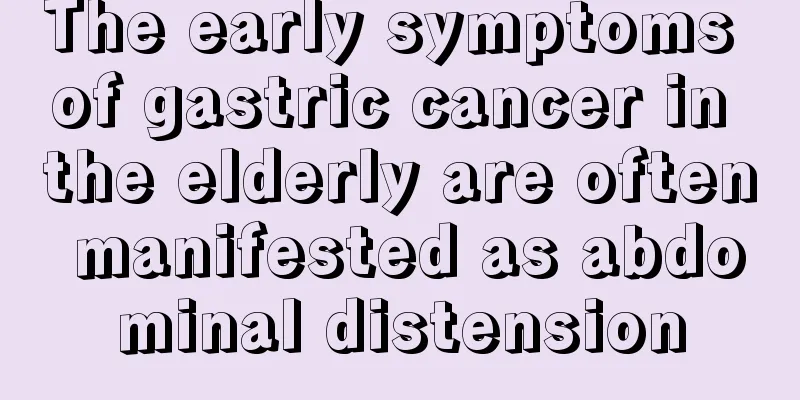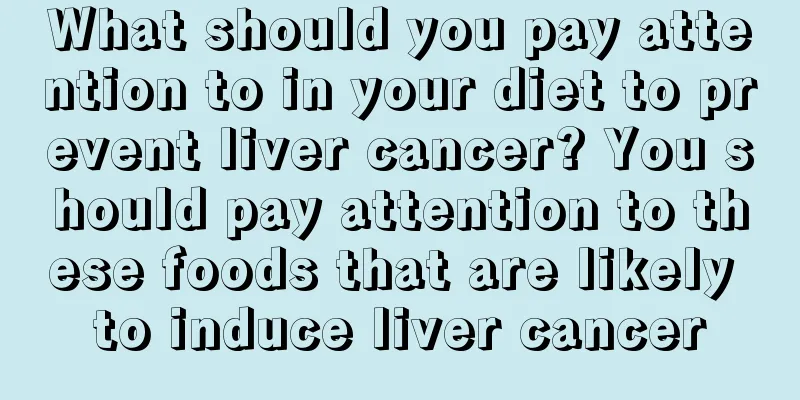What should I pay attention to after radiotherapy for esophageal cancer

|
After the radiotherapy for esophageal cancer patients is completed, the first thing to do is to ask the attending physician about the next treatment plan. The doctor will generally inform the patient or family members of the effects of radiotherapy and subsequent treatment plans. Second, after radiotherapy, esophageal barium meal radiography is generally required to observe whether the lesion is under control. If the lesion is not under control, local dose increase can be considered, and the radiography results can be retained as a baseline film for comparison during future reexaminations. Third, be alert to the occurrence of radiation mediastinitis. It is now recommended to accelerate the late course of radiotherapy for esophageal cancer. The reaction to radiotherapy in the late stage is often severe. Some patients gradually develop chest and back pain after the end of radiotherapy, which is most likely caused by radiation mediastinitis. At this time, antibiotics and appropriate amounts of hormones are needed to deal with the side effects of radiotherapy. Fourth, regular check-ups. After radiotherapy, when the local disease is under control, regular check-ups are necessary, usually every 3 months within 2 years, every 6 months within 3-5 years, and once a year after 5 years. Check-ups include X-ray barium meal angiography, chest anteroposterior and lateral films, abdominal B-ultrasound, electrocardiogram, blood routine, etc., and gastroscopy and chest CT scans if necessary. Fifth, no matter which hospital you go to for radiotherapy, when it is over, you must ask the doctor in charge to write a treatment summary, clearly stating the dose of each treatment, the number of radiotherapy sessions per week, the total amount of radiotherapy, the size of the irradiation field, the boundaries of the irradiation field, whether the radiotherapy went smoothly, what problems occurred during the radiotherapy, and how the doctor handled them, so as to facilitate reference during later treatment. |
<<: Which type of esophageal cancer is most effective for chemotherapy
>>: Clinical manifestations of rectal cancer
Recommend
How long can a patient with advanced double lung cancer live?
How long can you live with advanced double lung c...
Signs that parents don’t love their children
Many people say that children are the fruit of th...
How much does chemotherapy for ovarian cancer cost
How much does chemotherapy for ovarian cancer cos...
What are the causes of premature heart beats?
Many people do not understand what premature hear...
Gastric cancer usually causes pain in two places
Gastric cancer generally causes pain in two place...
How to remove oil stains on cotton-padded jacket?
Wearing a cotton-padded jacket is an effective me...
How do I know if I have liver cancer? Introduction to liver cancer prevention methods
At present, medicine still lacks a treatment meth...
How does the body detoxify at night?
Some people nowadays have a very rich nightlife a...
What to do if gastric cancer metastasizes to the brain? What are the symptoms of brain metastasis
The stomach is an important digestive organ of th...
What to do if you have a malignant brain tumor? How long can you live with a malignant brain tumor?
Perhaps for every patient, when they suffer from ...
Pseudomyopia treatment
Is myopia very common? Nowadays, there are a lot ...
What common esophageal diseases should be differentiated from esophageal cancer?
Esophageal cancer should be differentiated from t...
What are the dietary taboos one year after breast cancer surgery
Dietary taboos one year after breast cancer surge...
Things to note before running
Running is one of the simplest sports. It can str...
Will wearing glasses make my eyes smaller?
Nowadays, more and more people are beginning to e...









